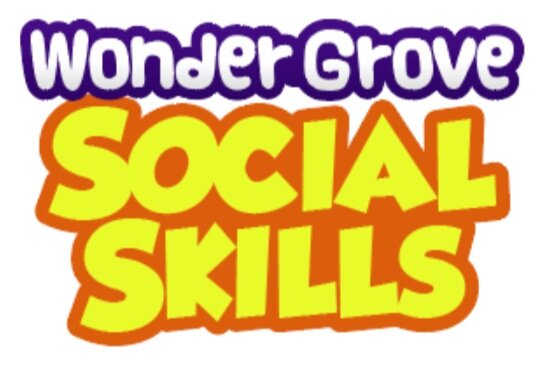Unfinished Learning: Why You Need to Explicitly Teach Social Skills in Elementary
At the beginning of the pandemic shutdowns, the conversation about all the things our students were missing started nearly immediately. But, unfinished learning isn’t just happening in academics; we lost social interactions, opportunities to engage in real conversations, interactions, and immediate social feedback. As a result, we can’t sit back and wait for social skills to occur in our K-2 students. We need to explicitly teach, model, and give opportunities and confidence to practice them.
In traditional social skills instruction, we’ve waited until a teachable moment arose and used the situation to discuss or practice the skill with social stories or other modeling methods. Thus, over the past year, skills such as “Keep Your Hands to Yourself,” “Stand Quietly in Line,” and “Work Together as a Team,” may not have been able to arise naturally. As we head into a new school year that is uncertain in terms of social protocols, we must explicitly teach social skills to ensure that our students do not have any “unfinished learning” when it comes to the social skills they’ll need to be successful for the rest of their lives.
WonderGrove Social Skills uses animated social stories to explicitly teach desired social skills, life skills, SEL, classroom readiness skills, and more. Research proves that students connect to animated characters and that that emotional connection improves learning. (Don’t just trust our word, our videos have been viewed MILLIONS of times on YouTube by teachers!). See below how WonderGrove models the skill “Keep Your Hands to Yourself!”
With a WonderGrove membership, you can access over 2000 printable extension lessons for K-2! Our top videos, including “Keep Your Hands to Yourself,” include a fluency passage, classroom lesson plan, active learning activity, practice exercises for math and language, printable book, and coloring pages each for grades K-2.
Learn more and bring WonderGrove to your classroom here.
